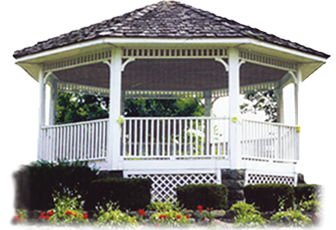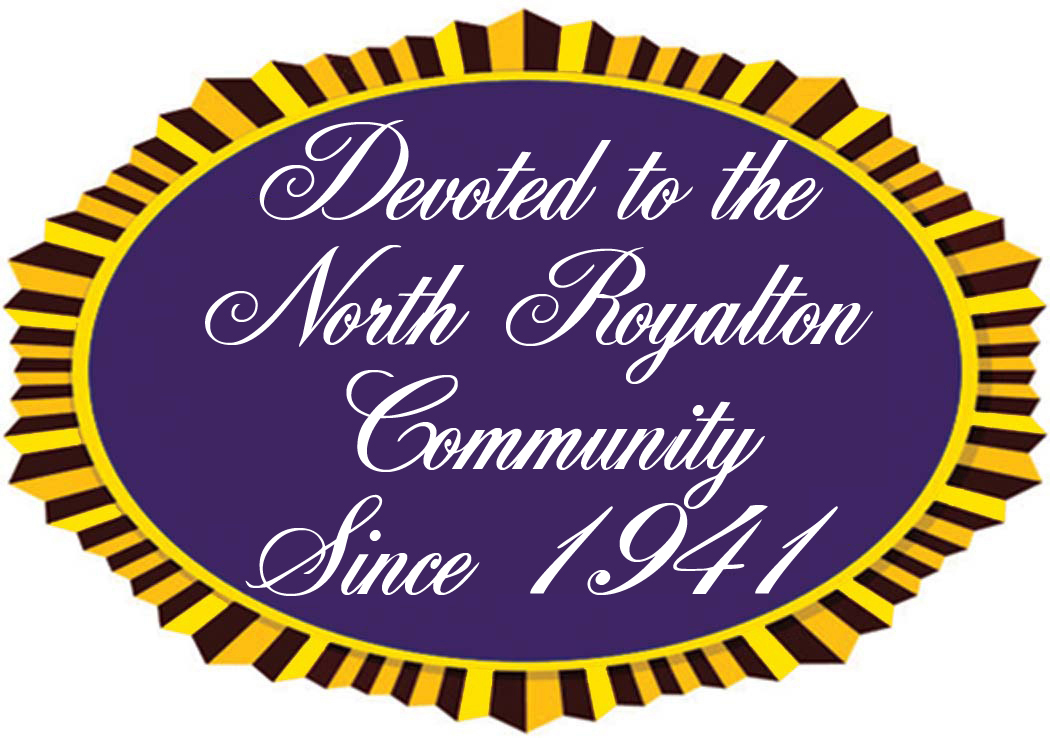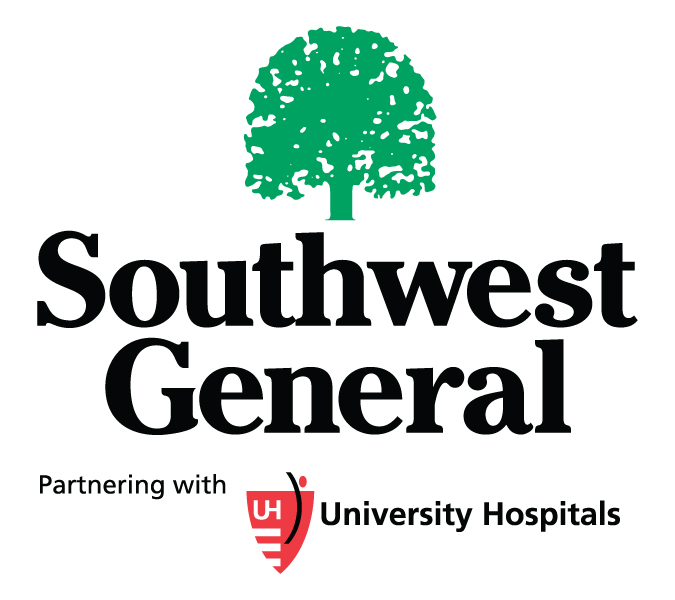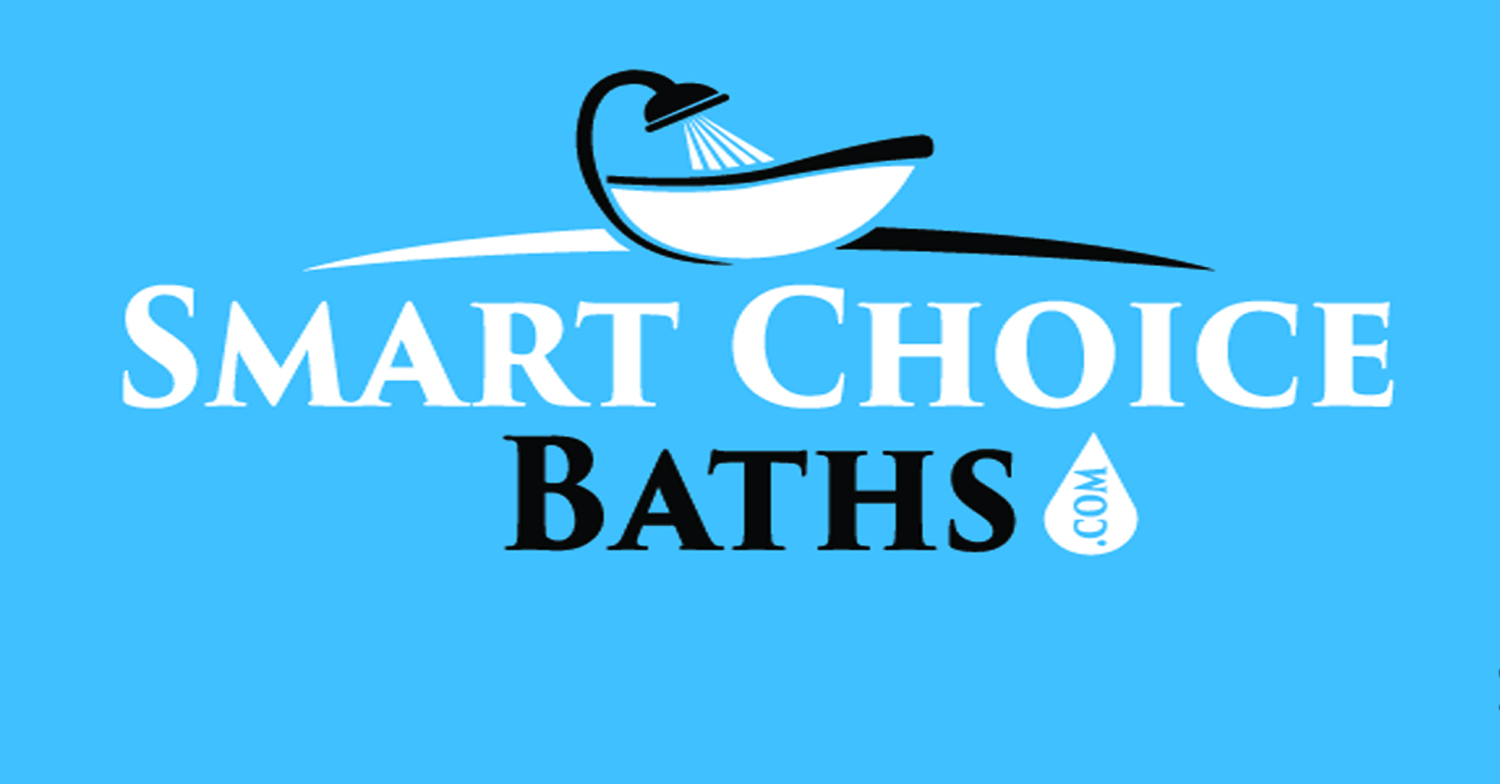Next year, 2019, will mark the 20th anniversary of the Saint Albert the Great El Salvador Mission, a group comprised of parishioners and friends who make annual philanthropic trips to the impoverished, remote Central American nation.
Dates have been set for the mission’s next projects, which include on-site medical screenings and water purification efforts. The El Salvador Mission constructed its first community well in early 2000 and has since installed water purification systems at several local schools.
“Some of the children walk upwards of 90 minutes to get to school,” said Mission Member Brian Flanagan. “Many have to carry water to their homes. Most of the homes do not have running water, so villagers will make treks to the water line to gather water in empty jugs and containers.”
To install water purification systems, the mission’s water team flies its supplies into the country, including plumbing parts, filters and cases and sets to work constructing and educating the residents and its designated maintenance person on the upkeep of the system. The team audits each purification system it installs to ensure that it is being run correctly throughout the year.
Last March, a seven-member team installed water treatment systems at two schools and brought over 100 pairs of eye glasses for its new medical clinic, in addition to prayer beads, clothing and jewelry.
In 2002, the El Salvador Mission raised funds to purchase an ambulance, the only one for 25 villages, said George Mass, a ministry team member.
“The ambulance was and is a huge thing for these people, because before that, they would have to find somebody with a vehicle to do the hour-long drive to the nearest hospital, all the while being sick or injured,” he explained. “Once the ambulance was purchased, it would immediately come out to the person’s aid and transport them to the nearest medical facility.”
The ambulance isn’t an ambulance in our sense of the word – it’s merely a truck with a basic cot in the back – but it is revered by the villagers. And its hired driver – a former professional truck driver – has since delivered thousands of babies outside its doors on the sides of the country’s mountainous roads and transported countless people in immediate need of medical attention.
Another branch of the El Salvador Mission is the medical team comprised of nurse practitioners, doctors, nurses, pharmacists and assistants who see hundreds of patients during their annual trip. This past February, 17 healthcare professionals and helpers traveled to Teotepeque, El Salvador, and held clinics in four different villages. They provided free medical care and medications and treated villagers for a range of health concerns due to the hot climate, poor nutrition, lack of clean water, hard labor, smoke-filled houses from cooking with wood, and dry, dusty roads. Toothbrushes and toothpaste were also distributed, along with other hygiene products. Two hairdressers who accompanied the medical team performed free haircuts, hair braiding and massages. Children received small toys including jump ropes, soccer balls and coloring books.
“Word gets out that the medical team is flying out and people will be sitting there patiently when we arrive in the early morning,” Mass said. “In the United States, when we go to the doctor, we sit there in the waiting room impatiently, but these villagers are just happy that you came.”
Translators help the medical team consult with patients and perform screens, exams and fill prescriptions. Sugar diabetes is very prevalent among villagers, as corn is their biggest source of food. Diseases from consuming bad water are also widespread. The medical team also performs eye screenings and distributes reading glasses, in addition to sunglasses.
Annual income in the villages the Mission visits is approximately $6,000 and the average daily wage for a laborer is $7.
“I’ve learned to complain a lot less,” said Ministry Member Bill Skowronski. “It really makes you stop and realize just how good we have it. Yes, this country isn’t perfect, but we have it so good compared to other places. And our water supply, though it has been negatively in the news recently, is so much better than in most places around the world.”
To help fund its annual trips, the El Salvador Mission hosts a Super Bowl fundraiser, which raised $23,000 in February. Donations also come in by way of check. Going forward, the El Salvador Mission will focus on supporting the newly opened San Pedro parish medical clinic, among other efforts. The Mission got its start in 1999 with a “Shoes for Kids” program and grew exponentially in 2001 after a devasting earthquake hit the area and left homes, schools, churches and other structures severely damaged.
“We have many repeaters, or those folks who come year after year to assist,” Flanagan said. “We’ve gotten to a point now where we almost have to be more selective. For me, the reward is seeing how the villages we’ve helped have blossomed. It’s kind of what we’re supposed to do as people of faith, that service to others. It is what we’re supposed to do. Go out and preach the Gospel of Christ.”
Learn more about the Saint Albert the Great El Salvador Mission at elsalvadormission.com.
By SARA MACHO HILL
Contributing Writer









